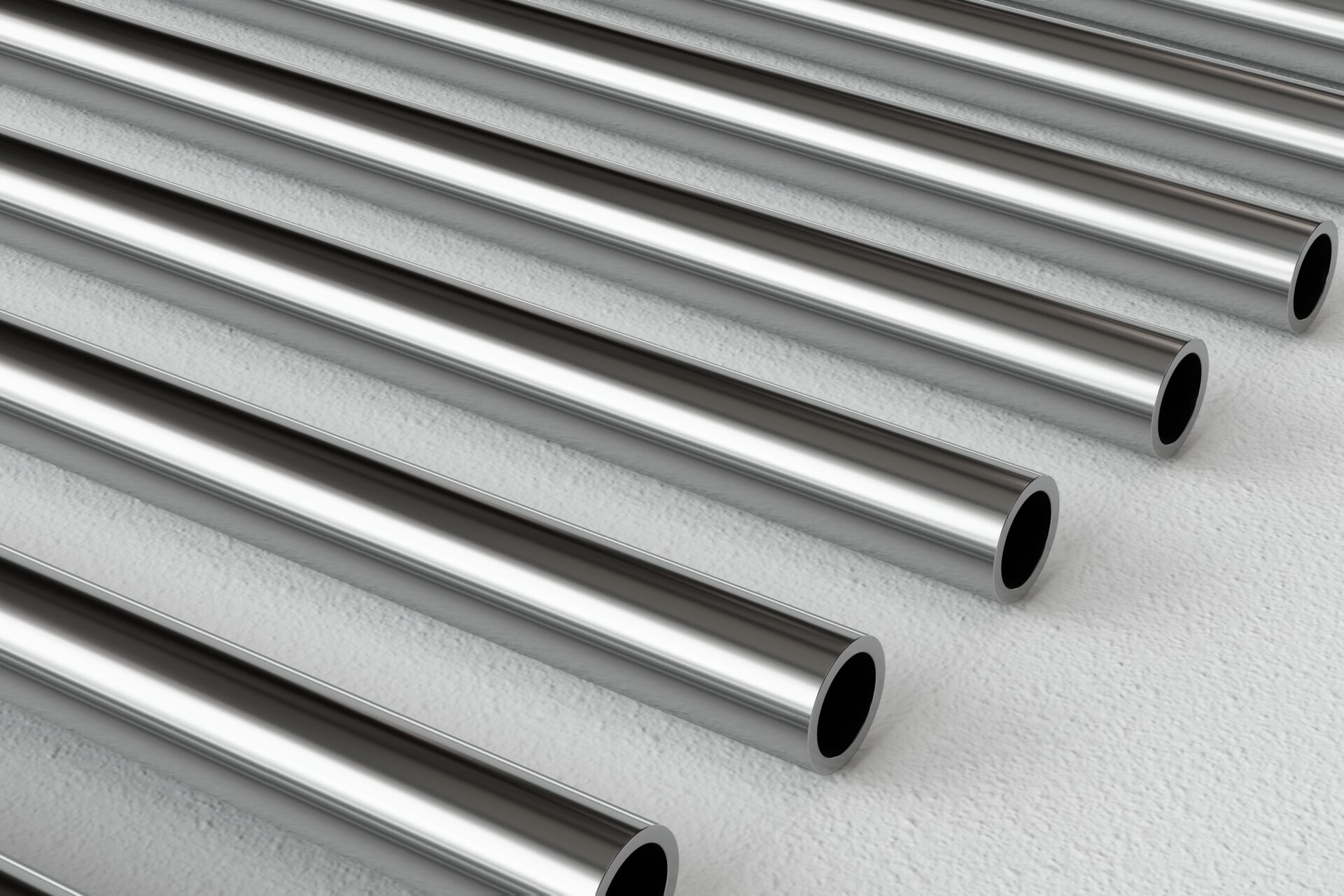New technology-driven advances in the energy industry demand manufacturing materials that are strong enough to withstand the heat and deliver lower lifecycle costs.
High-temperature (HT) materials operate in temperatures ranging from 500°C - 1200°C. To ensure performance confidence they must be able to demonstrate excellent creep strength, structural stability, and corrosion resistance for the required task.
In the HT and heat exchanger (HX) markets – from laying head pipes, muffle tubes, and lime lances to pulverized chemical injection, mineral insulated cables, or tubing for chemical and petrochemical refineries – the selected tubing must help improve both asset performance and opex returns.
 Leading the Alleima HT and HX products portfolio is Eduardo Perea, who was appointed Senior Product Manager and Sales Team Manager within Application tubing at the beginning of this year.
Leading the Alleima HT and HX products portfolio is Eduardo Perea, who was appointed Senior Product Manager and Sales Team Manager within Application tubing at the beginning of this year.
Eduardo has a long background in different roles within sales and technical marketing.
Alleima works hand-in-hand with customers to accelerate industries. The more we help move them forward, the more we learn and progress ourselves. We are committed to product specialisms and the ongoing advance of our broad-based product mix. In this way, we’ll continue to ensure our customers get the right solutions for their needs – however complex or simple.
“Our portfolio of high-temperature tubes includes a wide range of austenitic stainless steels and nickel alloys as well as iron-chromium-aluminum alloys, which can be used at temperatures up to 1250ºC (2280ºF) for specific applications. These include Sanicro® 25 – an austenitic stainless steel material with excellent high-temperature properties, and our award-winning Sanicro® 35, which bridges many of the material gaps between stainless steel and costly nickel alloys. Both have recently been used for super-critical water gasifiers at a renewable energy plant in the Netherlands,” said Eduardo.
“We also have the world’s largest range of heat exchanger tubing, with austenitic stainless steels, duplex stainless steels, nickel alloys, titanium, and zirconium for all types of heat exchangers such as seawater coolers, condensers, evaporators, heaters, and reheaters,” he added.
 Tubes often represent 70%-80% of total heat exchanger costs but less than 5% of total project costs. Being able to trust in a quality materials manufacturer with deep technical expertise, an understanding of the customer’s needs, and local service support around the world can provide long-term financial benefits. Buying low-cost alternatives can result in leakages, lost production time, and higher fabrication costs.
Tubes often represent 70%-80% of total heat exchanger costs but less than 5% of total project costs. Being able to trust in a quality materials manufacturer with deep technical expertise, an understanding of the customer’s needs, and local service support around the world can provide long-term financial benefits. Buying low-cost alternatives can result in leakages, lost production time, and higher fabrication costs.
Progressive partnerships are core to our business and provide value to our customers. Our sales, technical marketing, and R&D teams work together to build product strategies including pricing, forecasting, marketing, and exhibitions. They coordinate with our production units on capabilities, qualifications, and quality to ensure we deliver the absolute best in materials technology. Working as one accelerates our understanding of customer needs and means we communicate more effectively with them. Supporting Eduardo are Product Specialist for Heat Exchangers Jari Ponsiluoma, Product Specialist for Composite Tubes and Ethylene Sandra Lindgren, Product Specialist for high-temperature Marc Nordin and Product Specialist Lida Faramarzi.
“With new grades in continual research and development for HT and HX applications, Alleima is relentlessly pushing products and processes to be more efficient, more profitable, and more sustainable,” said Eduardo.
Click the links for more on our range of high-temperature and heat exchanger tubing.
